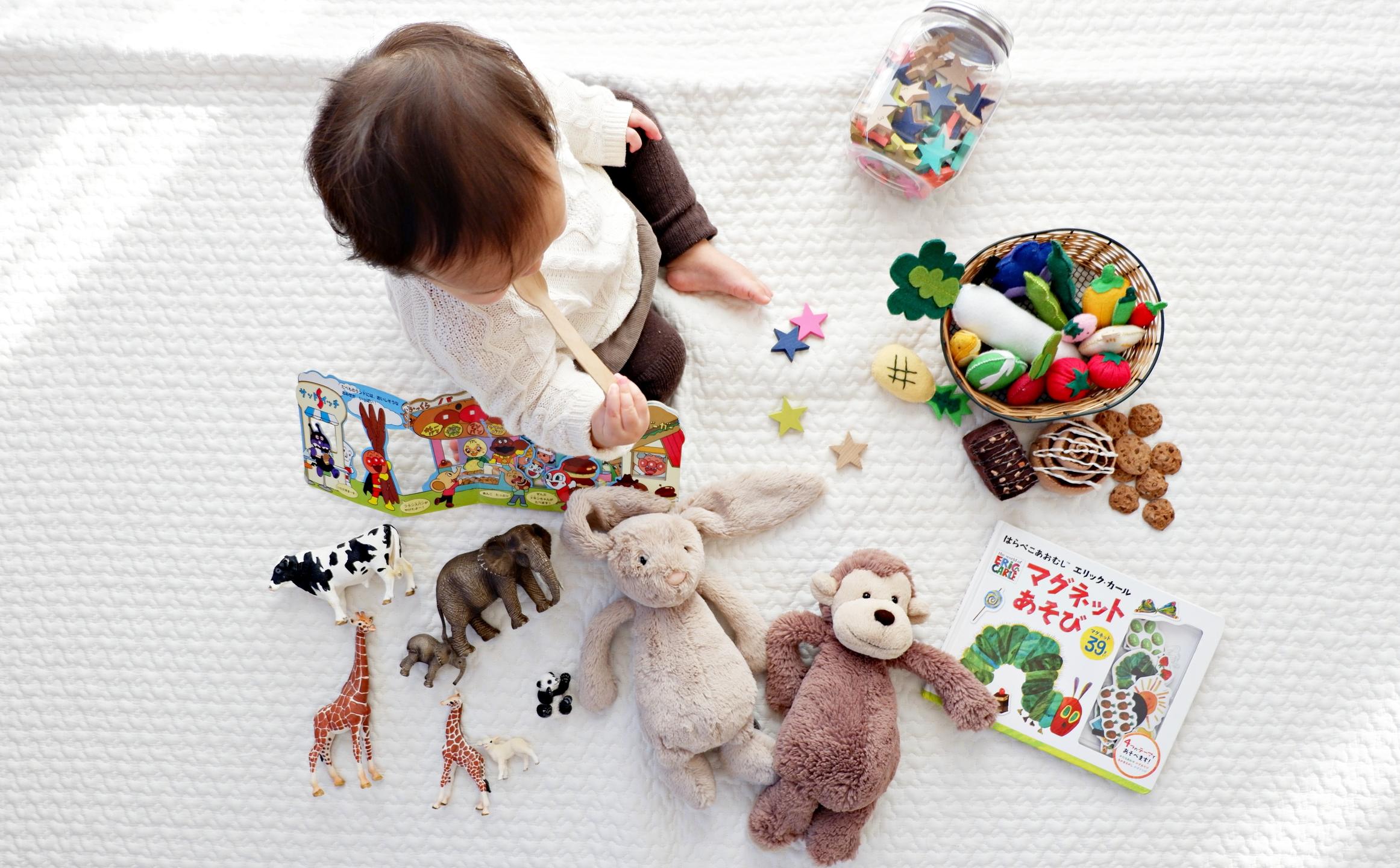Our Seven Pillars of Sleep

By Angela Wilson
Certified child sleep consultant, MA Natural Sciences Cambridge University and co-founder of Baby Smiles Club
Been scrolling through Insta and seen someone promising ‘one simple trick’ to get your baby to sleep the whole night? Consider buying a singing-and-flashing rocking machine which claims to settle a crying baby to sleep? (HINT: go to Disney World and sit on a ride, and see if YOU can fall asleep!).
The truth is, there’s no one simple thing that you need to do to help your baby sleep. It’s a combination of things.
It could be that you’re doing everything right apart from one of those things (in which case well done you and let’s try to work out what that one thing is!). Or it could be that you’re completely confounded by your baby’s sleep and need help from all angles (don’t worry, this is most of us!).
There is a HUGE amount to know about baby sleep. And you can spend hours (and days and weeks) trawling the internet trying to work out what to do. We created our Baby Sleep Program so parents didn't have to spend all this time searching for answers, and so as to be able to spend time with their babies and be well-rested instead.
As part of our Baby Sleep Program, we created our Seven Pillars of Sleep. These are the seven components that are crucial for babies to sleep. Understanding them and putting them together means that your baby will get the best sleep that they can!
So what are they?

- Babies need a LOT of sleep!
We explain how much sleep your little one needs as they go from being a newborn to a one year old in our Baby Sleep Program. - Sleep Windows and Maximum Awake Times
Babies have a Sleep Window and they have a Maximum Awake Time. The Sleep Window is a window during which it's best for a baby to go to sleep – it’s when they are feeling nicely tired and sleepy. Too early or too late can cause real problems.
The Maximum Awake Time is the longest time a baby can happily stay awake for at any one time. Stay awake for too long, and a baby will become overtired. This is not good news – an overtired baby will find it harder to fall asleep, and their sleep is likely to be more disturbed. We explain how long a baby’s Maximum Awake Time typically is in our Baby Sleep Program, and how this time lengthens as they grow. - Sleep Consolidation and Eating Times
As a baby grows, they can go longer between feeds - which means they can sleep for longer periods. This is called Sleep Consolidation. We explain in our Baby Sleep Program how to help your baby consolidate their sleep (goodbye cat naps!).
As your baby consolidates sleep, you want them to get their longest sleep at night. It's the best time for them to get restorative sleep, and to be in tune with when nature says is the best time to sleep. To be able to get this nice long stretch of sleep at night, it's best for a baby to be feeding at good times in the day. We suggest age-appropriate feeding times in our Baby Sleep Program. - Your baby's internal body clock
All of us have an internal body clock – apart from babies when they’re first born! That’s why their sleep has little consistency in the early days, and why they don't yet know that nighttime is for sleeping. In our Baby Sleep Program, we explain how you can help your baby develop their body clock in good time. Doing so will help your baby to sleep better at night, and be more awake in the day. - Early to bed, early to rise!
It’s best for a baby to have an early bedtime, and an early morning wake. These times coincide with a baby’s sleep hormones peaks and troughs. We suggest times in our Baby Sleep Program. - The importance of daytime naps
Daytime naps are hugely important for babies. And they’re not just a nice to have, they’re a biological necessity. We explain why in our Baby Sleep Program. We also explain how to get the balance right: getting the right amount of sleep during the day AND a good night’s sleep. We suggest age-specific nap times to best suit a baby as they grow. - Bedtime Rituals
Think about the things you do before bedtime (or the things that you used to do, before you had a newborn!). Perhaps you take a bath, read a book. You’re telling your body and mind that it’s time to relax, and that bedtime is near.
Having Bedtime Rituals can really help with your baby’s sleep. When you carry out the same series of rituals each night, the repetition acts as a cue to your baby that bedtime is approaching. It's also a great time to bond with your baby, helping them feel loved, safe and calm before going to bed. Bedtime Rituals help a baby to relax and to sleep better. We explain what sorts of rituals you can do in our Baby Sleep Program.
So that’s our Seven Pillars of Sleep – all the important things about baby sleep distilled down into seven key ingredients. We go into more detail about them in our Baby Sleep Program. And we've used our Seven Pillars of Sleep to create age-specific routines to help your baby get their best sleep as they grow. The routines come with detailed tips to help you and your baby.
Our Baby Sleep Program is a modern, gentle and caring approach to baby sleep. It's based on the most up-to-date science about how babies sleep, and created with kindness and empathy. Our approach is to help a baby to get the best sleep that they can, whilst strengthening the parent-baby bond.

